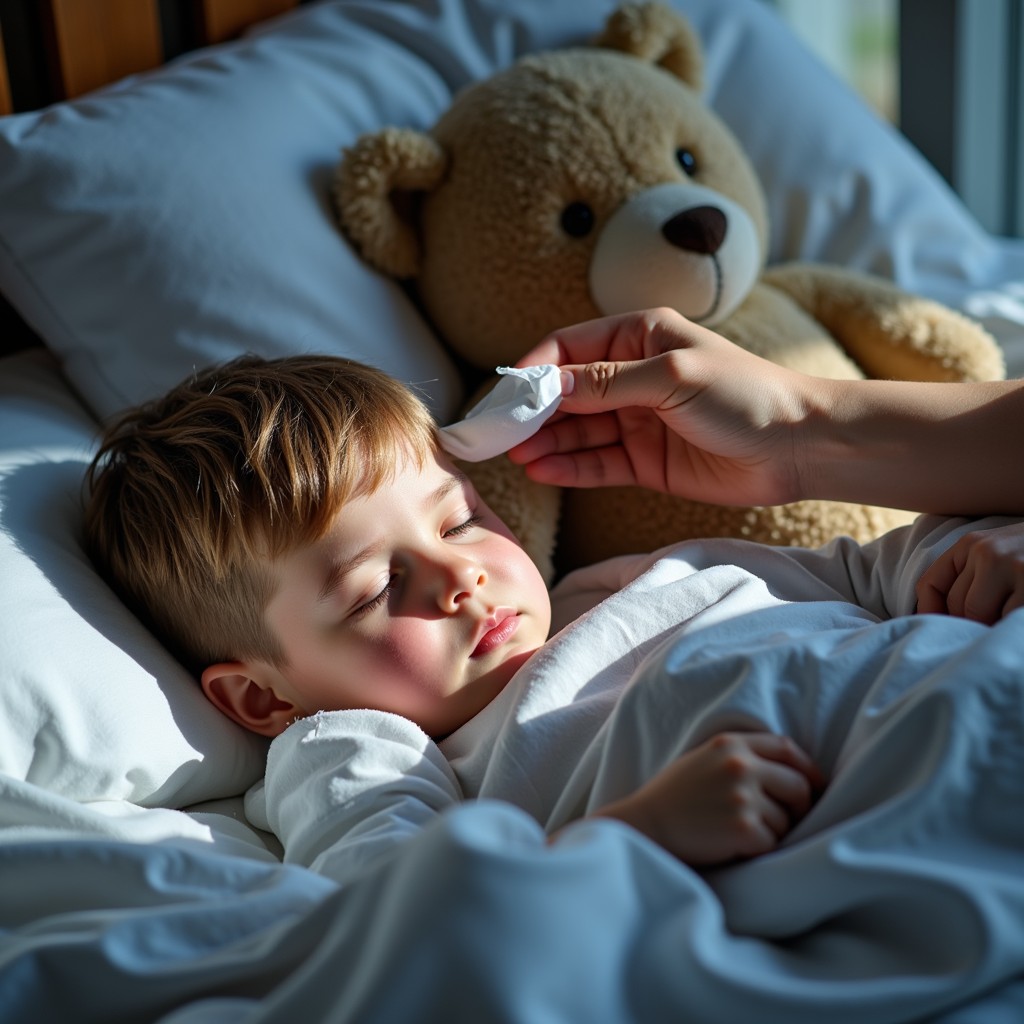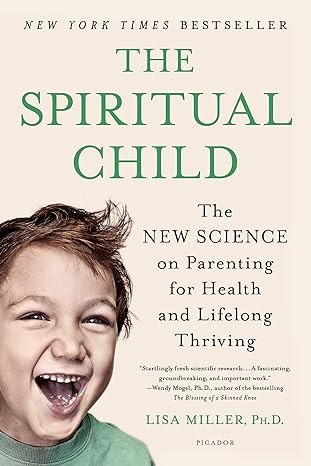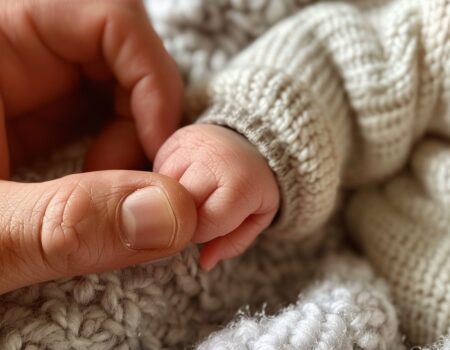When your baby is sick, it’s a stressful time for any parent. The first few months of life are full of questions, and it can be especially challenging to tell the difference between normal baby fussiness and a genuine sign of illness. Knowing what to look for is the first step in ensuring your child’s well-being.
This article is designed to be your go-to guide. We will walk you through the key symptoms of illness in infants aged 0 to 8 months and give you the confidence to know when it’s necessary to seek professional medical help. By understanding these critical signs, you can act quickly and with assurance.
Warning signs you should not ignore
Babies cannot verbally express their discomfort, so they communicate through physical signs and changes in behavior. Here are the main indicators that should draw your attention:
1 . Fever:
This is often the first sign of illness. A rectal temperature above 38°C (100.4°F) in an infant under 3 months is a medical emergency. Between 3 and 8 months, a persistent or very high fever, even if the child seems responsive, justifies a consultation. The important thing is not just the number, but also the child’s behavior: if the fever is accompanied by apathy, great irritability, or loss of appetite, you should consult a doctor quickly.
2 . Feeding difficulties:
A baby who refuses to breastfeed or take a bottle is a warning sign. A significant decrease in the amount of milk ingested, repeated vomiting (not simple spitting up), or a total refusal to feed for several hours can indicate an underlying problem. Observe the frequency of wet diapers: if it decreases, it is a sign of potential dehydration.
3. Breathing difficulties:
Rapid, wheezing, noisy breathing, or marked shortness of breath (tachypnea) are serious signs. Chest muscles pulling in (intercostal retractions) or nostrils flaring (nasal flaring) are signs that the baby is having trouble breathing. These symptoms can indicate a respiratory infection such as bronchiolitis or pneumonia and require immediate attention.
4. Behavioral changes:
A happy and active baby who suddenly becomes apathetic, drowsy, and difficult to wake up is an alarming sign. Similarly, excessive irritability, inconsolable crying, or an unusual state of agitation should make you react. A baby who does not react to stimulation or no longer smiles may be suffering from a more serious problem.
5. Skin rashes:
If a rash is accompanied by fever, drowsiness, or other warning signs, it is imperative to consult a doctor. A rash of small red or purple spots that do not disappear under the pressure of a glass can be a sign of meningitis and requires an emergency consultation.
6. Digestive problems:
Watery and abundant diarrhea, especially if accompanied by vomiting and fever, can lead to rapid dehydration in infants. Stools with blood or mucus are also a reason for consultation. Constipation, although often benign, can become problematic if accompanied by pain or refusal to eat.

Is Your Baby Sick? What to Do and When to Call a Doctor
It is always better to consult a healthcare professional if in doubt. Here are some basic rules to guide you:
- Absolute medical emergency (call 911 or emergency services): If your baby is lethargic (difficult to wake), has significant breathing difficulties, convulsions, a rash that does not disappear under pressure, or if an infant under 3 months has a fever.
- Quick consultation (within the day): If your baby has a persistent fever (38.5°C/101.3°F or more), a persistent cough, repeated vomiting, significant diarrhea, or if they have refused to eat for several hours.
- Non-urgent consultation (by appointment): For milder symptoms such as a simple cold without fever, a slight skin irritation, or sleep problems.
Prevention and home care
- Monitor temperature: A rectal thermometer is the most reliable for infants.
- Hydrate your baby: Offer the breast or bottle more often.
- Relieve symptoms: Use saline solution to clear your baby’s nose.
- Trust your instinct: You know your baby better than anyone. If you have a feeling that something is wrong, never hesitate to consult a doctor. It is better to have one consultation too many than one too few.
In summary, careful monitoring and responsiveness are key to looking after your baby’s health. Knowing these warning signs will allow you to make the right decisions and ensure appropriate care for your child.










No Comment! Be the first one.